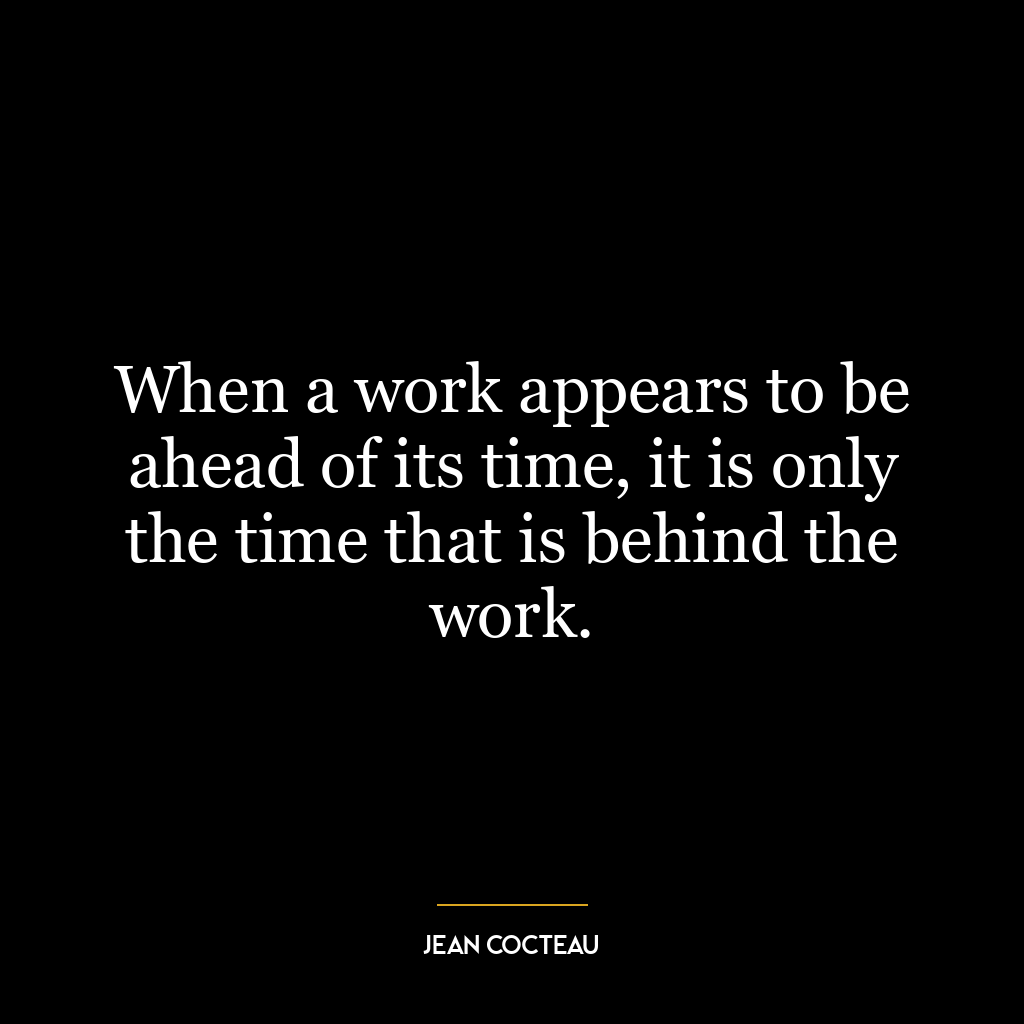This quote delves into the human tendency to perceive others not as they truly are, but through the lens of our own judgments, biases, and preconceptions. It suggests that our understanding of others is not based on their true self, but rather on our interpretation of them. This interpretation is influenced by our personal experiences, beliefs, and values.
The quote implies that our judgments often act as a barrier to truly knowing someone. We are quick to form opinions and make assumptions, which may not accurately represent the person’s true identity. These judgments can be based on a variety of factors such as their appearance, behavior, or even their background. Therefore, the version of the person we perceive is often a distorted representation, clouded by our judgments.
Applying this concept to today’s world, we can see its relevance in numerous social and interpersonal contexts. In an era where social media platforms are prevalent, it’s easy to judge people based on their online personas, which may not reflect their real selves. This can lead to misunderstandings, prejudices, and conflicts.
In terms of personal development, understanding this quote can lead to significant growth. It encourages us to be more open-minded and less judgmental, to question our assumptions, and strive to understand others beyond our initial perceptions. It also highlights the importance of empathy and understanding in our interactions with others. By acknowledging that our judgments may not accurately reflect someone’s true self, we can work towards seeing people as they truly are, leading to healthier and more authentic relationships.










